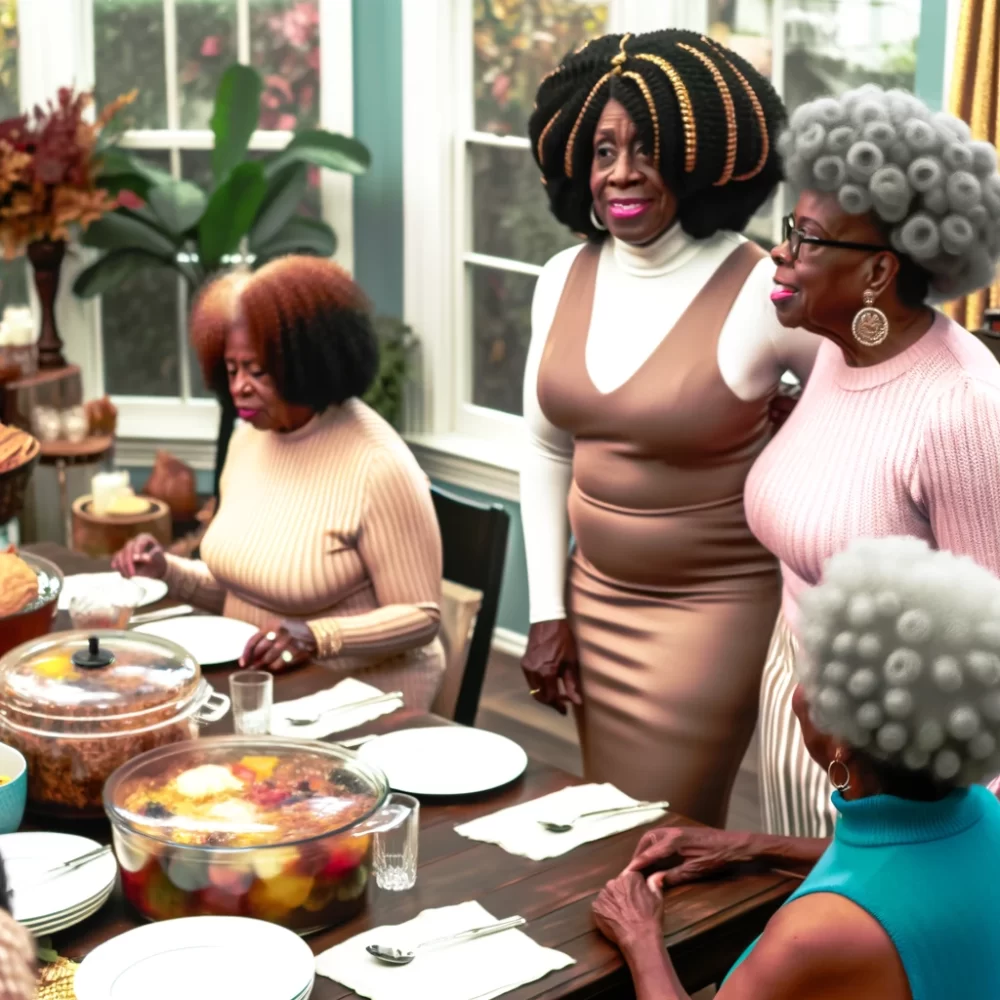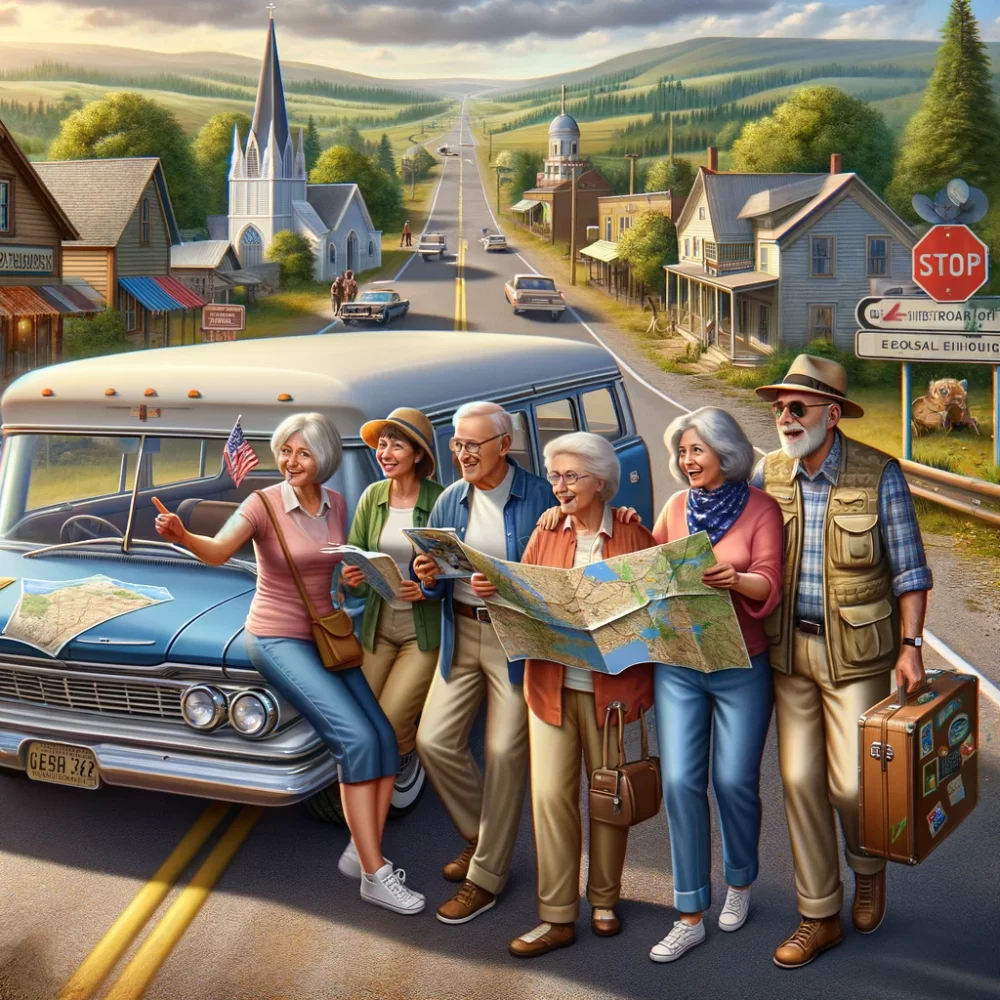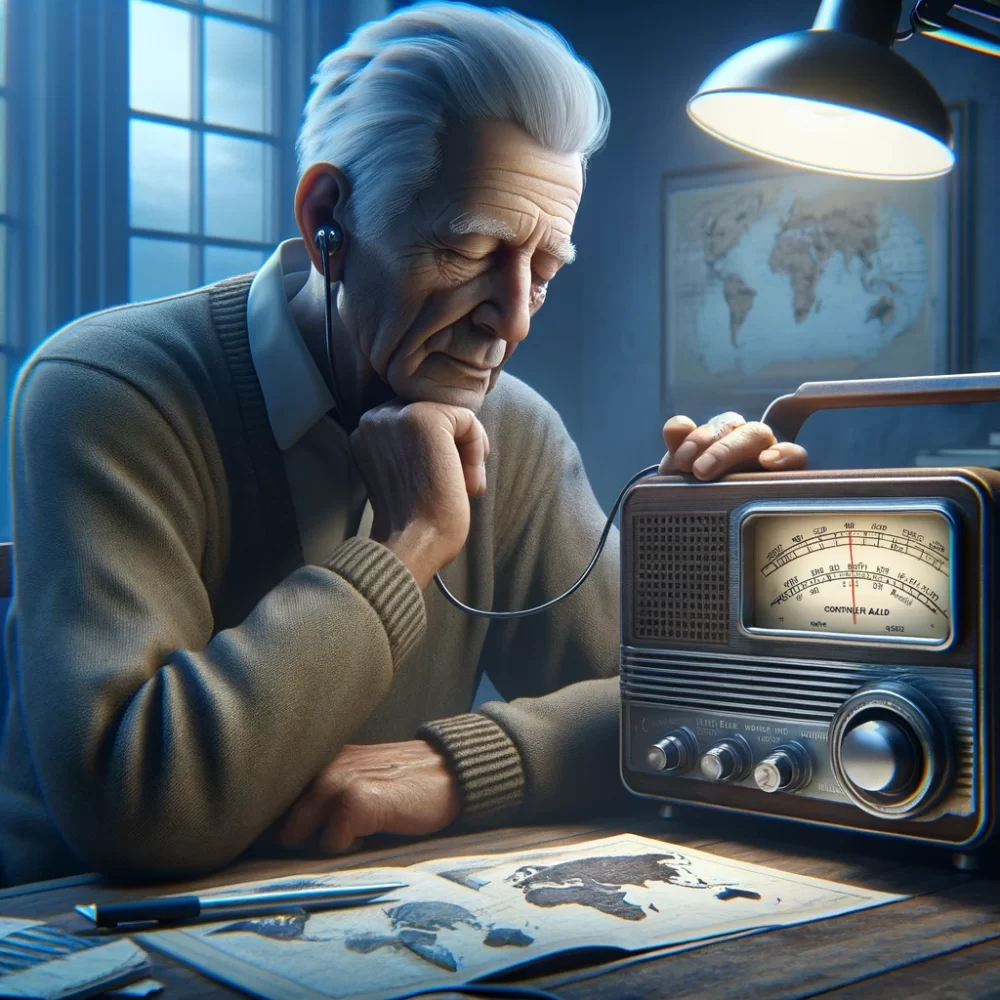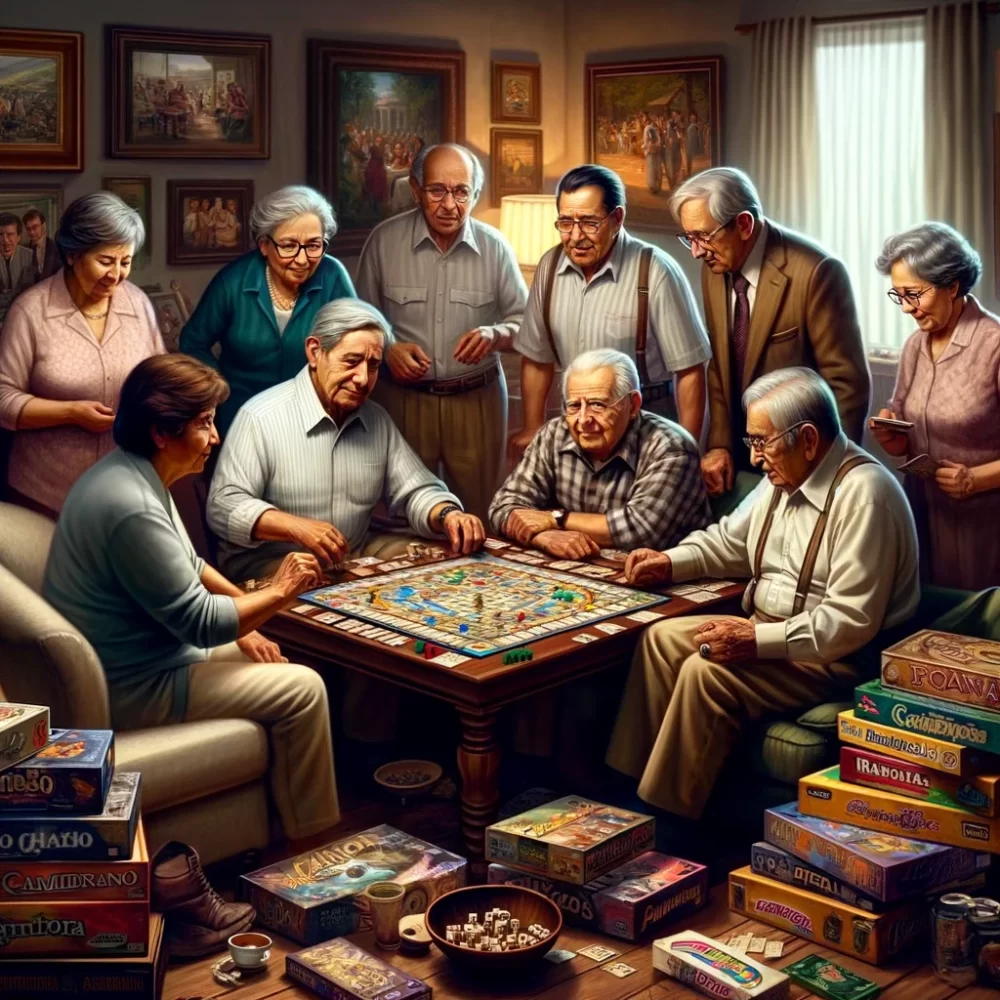
In a fast-paced digital age, it’s easy to overlook the wisdom of previous generations. Yet, the Baby Boomers, a generation known for their trailblazing spirit and resilience, cultivated a range of innovative habits that remain remarkably relevant today.
These practices, often overshadowed by more conventional wisdom, offer a fresh perspective on living a balanced, fulfilling life. In this exploration, here’s a look at 14 lesser-known yet impactful habits of the Baby Boomer generation, demonstrating how they can be adapted to the modern world for enhanced personal growth and well-being.
1. Crafting as a Form of Self-Expression

Baby Boomers embraced crafting not just as a hobby, but as a meaningful form of self-expression. From macrame to pottery, these creative outlets provided a sense of accomplishment and a unique way to personalize their environment. Today, engaging in crafting can be a therapeutic escape from the digital world, fostering mindfulness and reducing stress. It also encourages the development of new skills and creativity, proving that artistic expression isn’t confined to professional artists.
2. Playing Vinyl Records for Music Appreciation

In an era of streaming and digital downloads, the Baby Boomer’s love for vinyl records offers a different music experience. Playing a record involves a ritualistic, tactile interaction with music, enhancing the listening experience. It encourages active listening, appreciation of album art, and a deeper connection with the music. For modern listeners, returning to vinyl can be a nostalgic journey and a way to slow down and savor music in its physical form.
3. Using Film Cameras for Thoughtful Photography

Before the age of smartphones, Baby Boomers captured moments with film cameras, a process that required skill and patience. This approach to photography fosters a more thoughtful and intentional way of capturing memories. In contrast to the instant gratification of digital cameras, using a film camera can be a rewarding challenge, encouraging a focus on composition and the moment at hand.
4. Hosting Potluck Dinners for Community Building

Potluck dinners were a staple in Baby Boomer communities, fostering a sense of belonging and mutual care. These gatherings are not just about sharing a meal, but also about sharing stories and bonding. In today’s isolated world, reviving the tradition of potluck dinners can help build stronger communities and offer a sense of connection and support.














